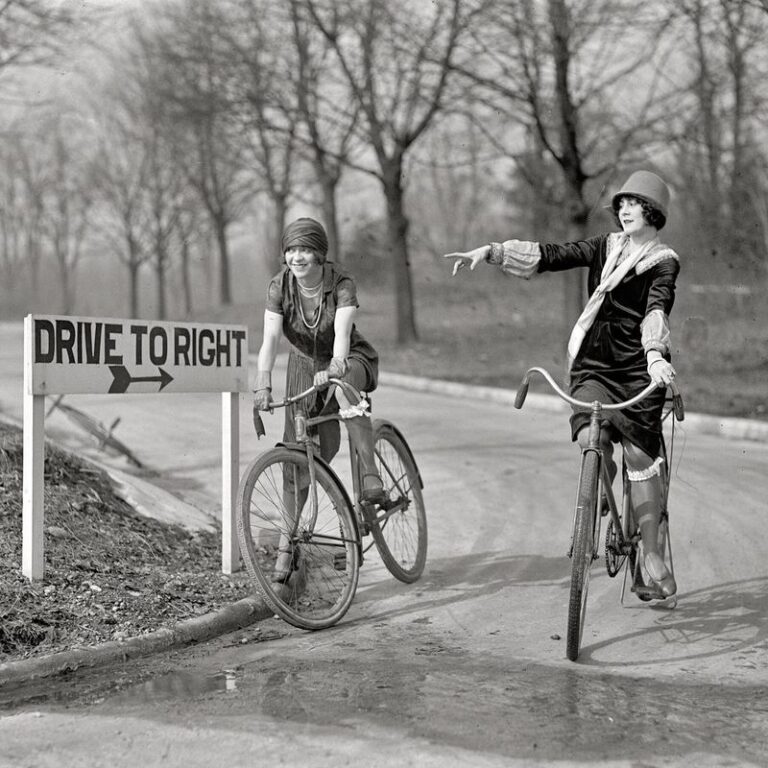18 Old-School Boomer Habits Millennials Secretly Admire
While Millennials often jest about Baby Boomers, there’s a deep-seated admiration for the habits that defined an era. These old-school practices, although seemingly out of place in today’s digital world, offer timeless lessons in resilience, community, and practicality.
In a fast-paced society that values instant gratification, some traditions are cherished as they stand as beacons of reliability and warmth.
Here, we explore 18 habits from the Boomer generation that Millennials find secretly commendable, proving that some things really do get better with age.
1. Fixing things instead of replacing them
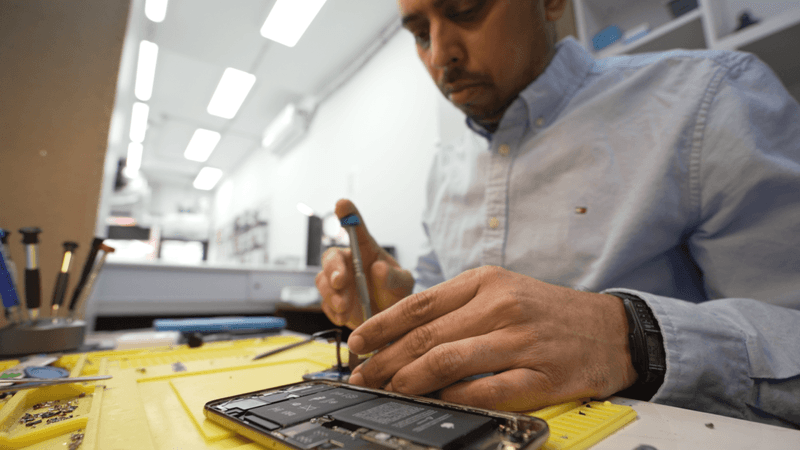
There’s a profound satisfaction in fixing things rather than tossing them aside. Boomers mastered the art of repair, making do with what they had, and often reviving items others deemed irreparable. In today’s throwaway culture, Millennials appreciate this mindset for its sustainability and creativity. Remember your grandparent’s old clock, chiming proudly after a DIY fix?
This habit teaches patience, resourcefulness, and environmental consciousness. Many young people now take up sewing, carpentry, and basic mechanics, spurred by a desire for self-sufficiency. In a world obsessed with newness, Boomers’ knack for repair is seen as both a practical skill and an art form. It’s about giving things a second life, a lesson in resilience.
2. Sending handwritten thank-you notes
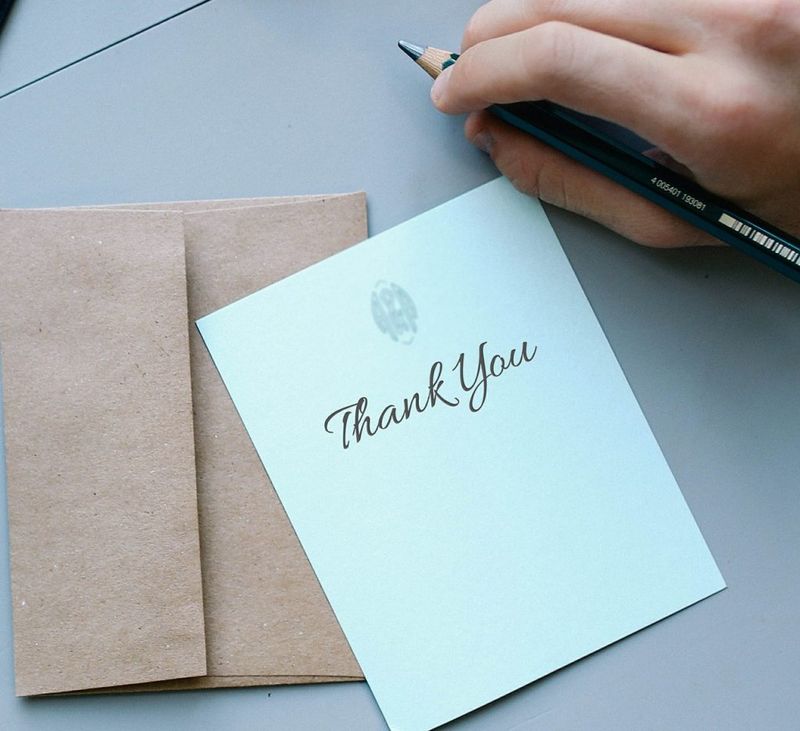
The handwritten note is a gesture that transcends time, turning the mundane into something memorable. For Boomers, sending thank-you cards was not just etiquette—it was an art. Millennials, who often communicate in quick texts and emails, find joy in this tactile tradition. Imagine opening a letter and seeing heartfelt words penned personally for you. It’s intimate and thoughtful.
It shows care and effort. In a sea of digital correspondence, a handwritten note stands out, offering a genuine connection. Millennials have started adopting this practice to add a personal touch to their interactions, embracing the warmth and sincerity it brings.
3. Knowing your neighbors by name
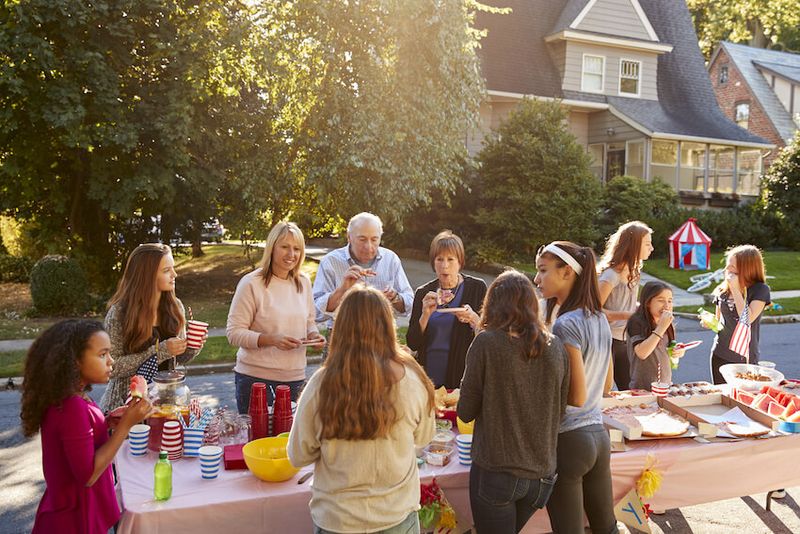
In a time where digital interactions reign supreme, the simple act of knowing your neighbors by name feels revolutionary. Boomers fostered genuine community ties, often engaging in sidewalk chats or inviting neighbors over for coffee. Millennials, searching for authenticity, cherish this sense of belonging. Knowing your neighbor means having a trusted friend nearby, someone to rely on in times of need.
It brings a sense of security and shared community responsibility. These interactions create vibrant communities where everyone looks out for each other. Millennials are rediscovering the value of these connections, fostering friendships that go beyond social media.
4. Balancing a checkbook (or just knowing how to budget)

Balancing a checkbook might seem archaic, but it signifies a meticulous approach to personal finance. Boomers taught the importance of tracking every penny, a discipline many Millennials now strive to emulate. In an age of digital banking, the essence of budgeting remains relevant. It’s about understanding where money goes, planning, and making informed decisions.
This fundamental skill helps avoid debt and ensures financial stability. Millennials, keen on financial literacy, often look to the Boomer generation for tips on saving and investing wisely. The practice embodies diligence, foresight, and a secure financial future.
5. Being early—and proud of it

Being early is more than a habit; it’s a philosophy. Boomers grew up valuing punctuality as a sign of respect and reliability. Arriving early shows preparedness and consideration for others’ time. Millennials, often juggling multiple commitments, see the merit in this discipline. In a world that constantly demands more, being early allows for moments of calm and reflection before the start of events.
It’s about creating a mental space to compose thoughts and prepare for what lies ahead. This habit fosters a culture of respect and intention, something Millennials increasingly appreciate in professional and personal settings.
6. Reading the newspaper every morning

The morning ritual of reading the newspaper is a habit that grounds many Boomers. It’s a moment of calm, a chance to engage with the world at a thoughtful pace. Millennials, bombarded by digital news, find solace in this tactile experience. Flipping through pages, one encounters stories of substance, curated with care. It’s a practice that encourages depth of thought and reflection.
For Millennials, embracing this habit is a way to disconnect from the frenzy of instant news updates and engage with content that informs and enriches. It fosters a thoughtful start to the day, connecting past and present.
7. Sitting down for dinner as a family

Sitting down for dinner as a family is a cherished Boomer tradition that Millennials increasingly value. It’s more than a meal; it’s about connection and sharing stories. In a fast-paced world, these moments offer a chance to pause, reflect, and bond. Families gather around the table to discuss their days, share laughter, and enjoy each other’s company.
It’s an opportunity to strengthen ties and pass down traditions. Millennials recognize the importance of these moments as a foundation of family life and community. It’s about creating memories and fostering a sense of belonging.
8. Keeping paper copies of important documents

In a digital age, keeping paper copies of important documents might seem outdated, yet it embodies a sense of security and preparedness. Boomers valued the tangible reliability of hard copies, something many Millennials are coming to appreciate. With fears of digital breaches and data loss, having a physical backup provides peace of mind.
Millennials are embracing this practice, realizing that some things are best kept in the physical realm, where they can be accessed without the need for a password or device. It’s a simple yet effective way to ensure one’s affairs are in order.
9. Dressing up for flights
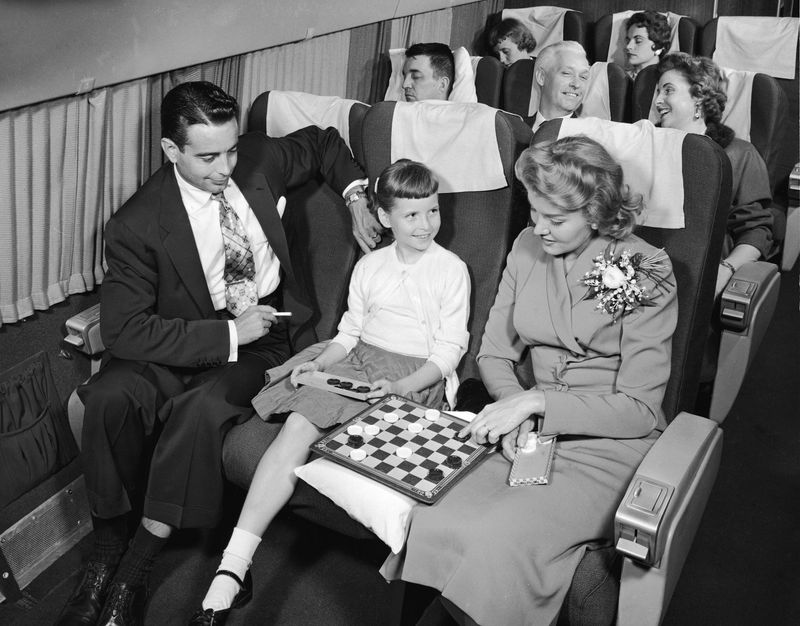
There was a time when air travel was as much about the journey as the destination, and Boomers knew how to dress for the occasion. Millennials, often opting for comfort, secretly admire this old-world elegance. Dressing up for flights adds a touch of sophistication and respect to the travel experience.
It’s about embracing the specialness of flying, turning it into an event rather than just a means to an end. Millennials are rediscovering this charm, finding joy in looking polished and put together, honoring the spirit of travel in a way that’s both nostalgic and stylish.
10. Bringing a dish when you’re invited somewhere
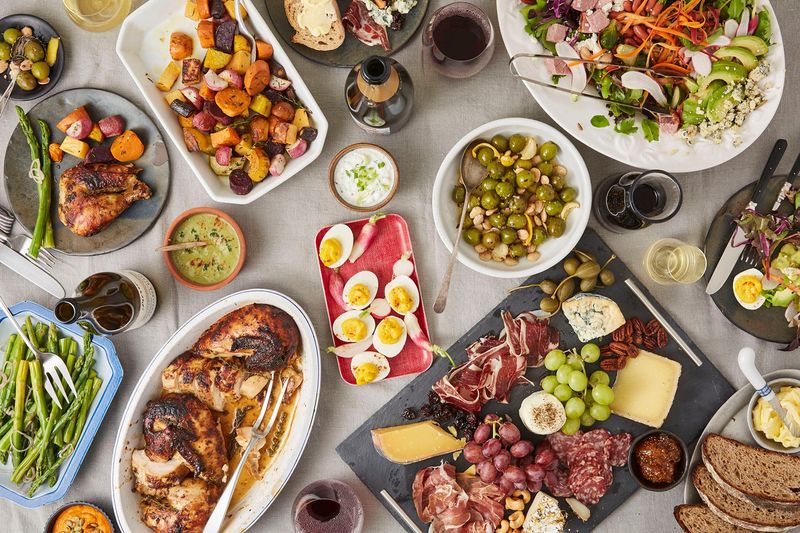
The simple act of bringing a dish when invited is a gesture that speaks volumes. Boomers understood this as a sign of gratitude and participation, a tradition Millennials are beginning to embrace. It’s not just about food; it’s about contributing to a shared experience. Bringing a dish fosters community, showcasing culinary creativity and generosity.
Millennials see this as an opportunity to connect, share cultures, and create memorable gatherings. This habit turns any invitation into a collaborative event, where everyone feels included and valued. It’s a practice that enriches social bonds and celebrates diversity.
11. Washing your car by hand

Washing a car by hand is more than maintenance; it’s a ritual of pride and care. Boomers took time to ensure their vehicles reflected their personality and attention to detail. Millennials, in their fast-paced lives, find this hands-on approach refreshing. It’s about taking care of your belongings, understanding their value, and enjoying the process.
Hand washing a car is a mindful activity that invites relaxation and satisfaction. It allows one to disconnect from digital noise and engage in something tangible and rewarding. This habit teaches care, patience, and an appreciation for the journey, not just the destination.
12. Calling instead of texting

The personal touch of a phone call is something Boomers treasure, and it’s a habit Millennials are rediscovering. In a world dominated by texts and emojis, the sound of a familiar voice brings comfort and clarity. Phone calls foster direct communication, allowing for nuances and emotions to be expressed.
Millennials, looking for genuine connections, are starting to appreciate this method of communication. It’s about taking time to engage in meaningful conversations, sharing moments that texts often miss. A call feels personal and thoughtful, a practice that brings people closer and strengthens relationships.
13. Taking care of things you already own

In a consumer-driven world, Boomers’ knack for taking care of things they already own stands out. This habit is about valuing what you have and ensuring it lasts. Millennials, often swayed by trends, admire this practice for its sustainability and mindfulness. It’s about appreciating quality and craftsmanship, prolonging the life of possessions rather than succumbing to disposability.
Millennials are beginning to embrace this mindset, understanding that care and maintenance often lead to a more fulfilling relationship with their belongings. It’s a lesson in gratitude and stewardship, promoting a more sustainable lifestyle.
14. Keeping quiet in waiting rooms

Boomers understood the unspoken etiquette of keeping quiet in waiting rooms, a tradition Millennials are learning to value. In today’s noisy world, silence is golden, offering a moment of respite and reflection. Waiting rooms are spaces for calm and contemplation, where quietness respects everyone’s personal space.
Millennials, often glued to their devices, find peace in embracing this practice. It’s about being present, allowing oneself to momentarily disconnect from the digital world. This habit nurtures patience and respect, fostering an environment where everyone can relax and gather their thoughts.
15. Mailing holiday cards
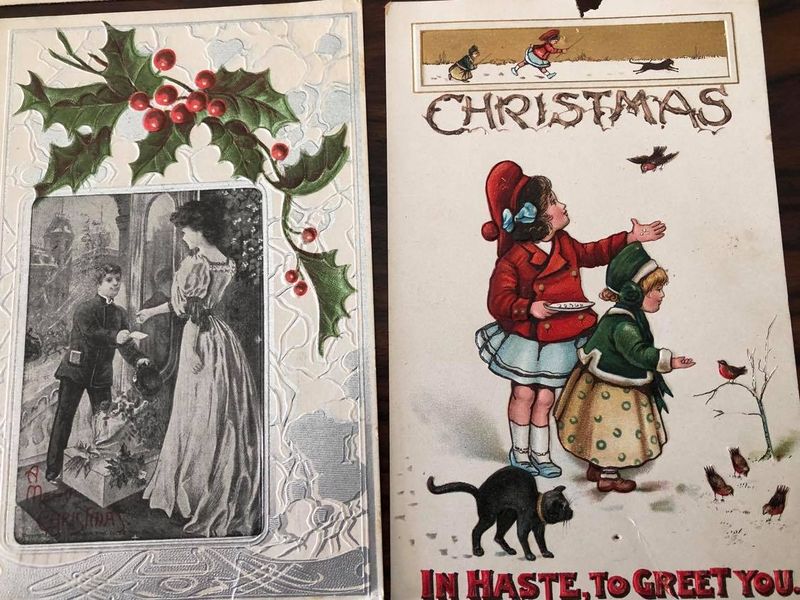
The holiday card is a timeless tradition that Boomers have lovingly upheld, and Millennials are starting to embrace once more. In an era of instant messaging, receiving a handwritten card feels special. It’s a tangible token of thoughtfulness and cheer. Millennials, eager to revive meaningful traditions, find joy in this practice.
Holiday cards allow for creativity, personalization, and connection across distances. It’s a chance to spread warmth and joy, reminding recipients they are cherished. This practice encapsulates the spirit of the season, fostering community and goodwill, one card at a time.
16. Having a toolbox that’s actually used
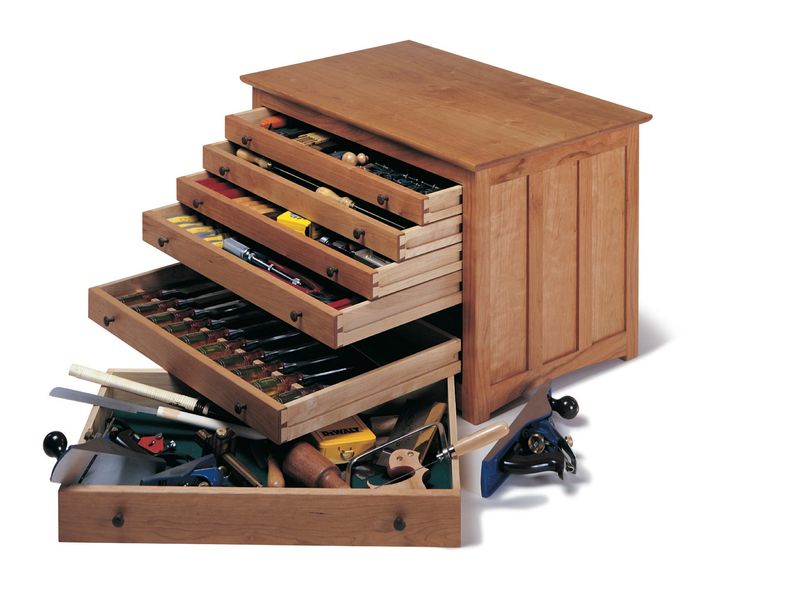
A well-stocked toolbox is more than just a collection; it’s a gateway to independence and resourcefulness. Boomers took pride in their ability to fix things, a trait Millennials greatly admire. Having tools at hand means being prepared for life’s little challenges, whether it’s a leaky faucet or a loose cabinet handle.
Millennials, increasingly interested in DIY projects, find this habit empowering. It’s about self-reliance and the satisfaction of solving problems independently. A used toolbox embodies the spirit of ingenuity and resilience, a tradition that continues to inspire and equip future generations.
17. Cleaning the house before guests arrive
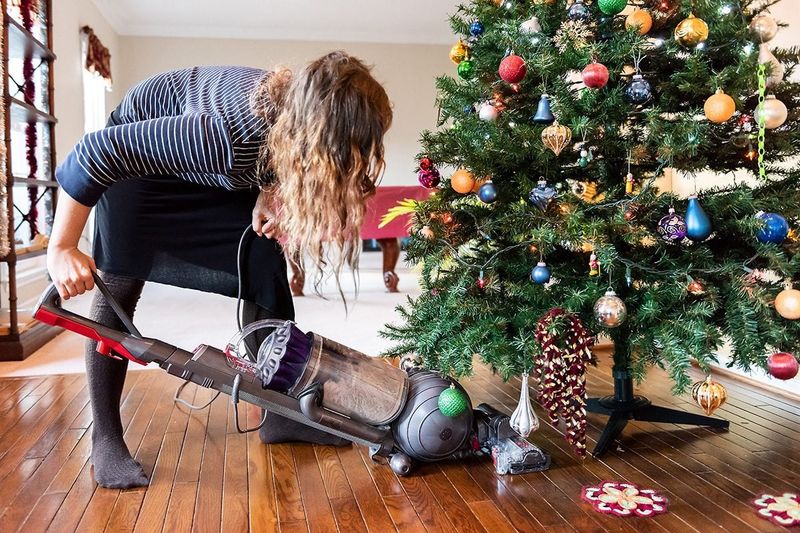
The custom of cleaning the house before guests arrive is a hallmark of hospitality that Boomers have perfected. Millennials, valuing authenticity, appreciate this gesture of respect and care. Preparing a welcoming space shows thoughtfulness, turning a simple visit into a cherished event. Cleanliness reflects pride in one’s home and respect for guests.
Millennials are adopting this practice, recognizing its role in creating a comfortable and inviting atmosphere. It’s about making guests feel honored and cared for, turning gatherings into memorable experiences. This tradition upholds the values of warmth and generosity, transcending generations.
18. Leaving a tip—even for simple service

Leaving a tip, even for simple service, is a gesture Boomers understand well, and Millennials are learning to appreciate. It’s a nod to the hardworking individuals who provide service with a smile. Tipping fosters gratitude and acknowledges efforts, no matter how small.
Millennials, seeking to promote kindness and fair treatment, see this practice as a way to support service workers. It’s an act of appreciation that goes a long way in building a culture of respect. By embracing this habit, Millennials contribute to a cycle of goodwill and mutual respect, where everyone’s efforts are valued.




